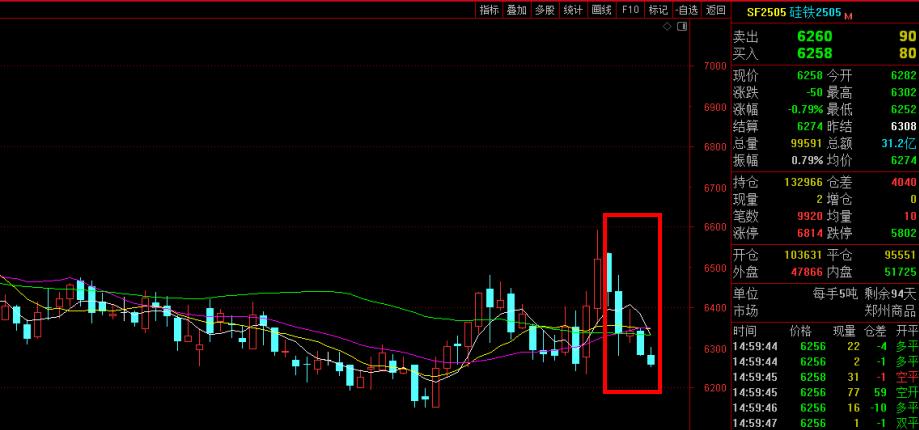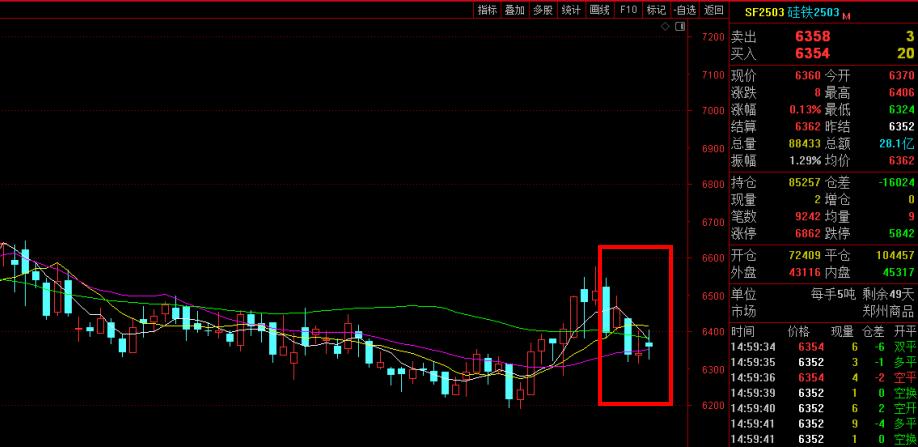As a raw material export ban looms, the government is considering ways of relaxing the regulation for committed mining firms, including a plan to ask them to put aside money as a guarantee, a ministry official says.
Energy and Mineral Resources Ministry coal and minerals Chief Thamrin Sihite said the ministry was preparing a new formulation that would include a determination guarantee.
“Economic instruments are usually obeyed instead of legal instruments. Therefore, we’re formulating a determination guarantee, which will be regulated under a ministerial regulation,” Thamrin said late last week.
He added that the value of the guarantee would be decided based on the reserves of the mining firms’ mining areas, the investment needed to establish processing plants and the time needed to complete the plant development.
“The money will be kept in a local bank appointed by the firms. If they fail to continue or complete their projects, the money pledged will remain with the government and they will not be allowed to export. If they finish the projects, the money will be returned. We expect them to complete [the projects] by 2017 at the latest,” Thamrin said.
The country is planning tofully ban the export of unprocessed ore starting on Jan. 1 next year. The plan is regulated by the 2009 Mining Law. Under the law, miners operating in Indonesia must process ore domestically before selling it overseas. The law is aimed at boosting the country’s downstream industry and export added-value products, which are more expensive than raw materials.
The government began imposing export restrictions last year to prevent over-exploitation ahead of the implementation of the law.
Although the law was passed in 2009, most miners were reluctant to build smelters to process their ore in the country. As the deadline of implementation looms, debates over the regulation are intensifying.
Moreover, the country’s poor trade balance over declining commodity prices has also pushed the government to loosen the law, by allowing those mining firms that have already launched smelting plant projects to continue to export unrefined minerals next year. The exports of mined materials have been a major contributor to the country’s economy.
Mining associations have criticized the ban and requirement to establish processing plants.
Indonesia Mining Association (IMA) executive director Syahrir Abubakar said the relaxation of the law was an acknowledgement that building smelters by January was impossible.
“The relaxation of exports must be in relation to themining industry’s seriousness to build smelters. There are many ways to evaluate serious intent, perhaps with a deposit of a certain amount. It must be included in a new regulation or as a revision of the government’s regulation as a legal umbrella,” Syahrir said.
“We in the mining industry expect the legal umbrella to take the form of a government regulation discussed across ministries and involving industry players, so that we won’t see implementation problems,” he added.
Legal uncertainty in Indonesia’s mining sector has seen the country ranked as one of the 10 least attractive countries in the mining industry, according to a survey organized by the Canadian Fraser Institute in 2012.
Energy and Mineral Resources Ministry coal and minerals Chief Thamrin Sihite said the ministry was preparing a new formulation that would include a determination guarantee.
“Economic instruments are usually obeyed instead of legal instruments. Therefore, we’re formulating a determination guarantee, which will be regulated under a ministerial regulation,” Thamrin said late last week.
He added that the value of the guarantee would be decided based on the reserves of the mining firms’ mining areas, the investment needed to establish processing plants and the time needed to complete the plant development.
“The money will be kept in a local bank appointed by the firms. If they fail to continue or complete their projects, the money pledged will remain with the government and they will not be allowed to export. If they finish the projects, the money will be returned. We expect them to complete [the projects] by 2017 at the latest,” Thamrin said.
The country is planning tofully ban the export of unprocessed ore starting on Jan. 1 next year. The plan is regulated by the 2009 Mining Law. Under the law, miners operating in Indonesia must process ore domestically before selling it overseas. The law is aimed at boosting the country’s downstream industry and export added-value products, which are more expensive than raw materials.
The government began imposing export restrictions last year to prevent over-exploitation ahead of the implementation of the law.
Although the law was passed in 2009, most miners were reluctant to build smelters to process their ore in the country. As the deadline of implementation looms, debates over the regulation are intensifying.
Moreover, the country’s poor trade balance over declining commodity prices has also pushed the government to loosen the law, by allowing those mining firms that have already launched smelting plant projects to continue to export unrefined minerals next year. The exports of mined materials have been a major contributor to the country’s economy.
Mining associations have criticized the ban and requirement to establish processing plants.
Indonesia Mining Association (IMA) executive director Syahrir Abubakar said the relaxation of the law was an acknowledgement that building smelters by January was impossible.
“The relaxation of exports must be in relation to themining industry’s seriousness to build smelters. There are many ways to evaluate serious intent, perhaps with a deposit of a certain amount. It must be included in a new regulation or as a revision of the government’s regulation as a legal umbrella,” Syahrir said.
“We in the mining industry expect the legal umbrella to take the form of a government regulation discussed across ministries and involving industry players, so that we won’t see implementation problems,” he added.
Legal uncertainty in Indonesia’s mining sector has seen the country ranked as one of the 10 least attractive countries in the mining industry, according to a survey organized by the Canadian Fraser Institute in 2012.
Copyright © 2013 Ferro-Alloys.Com. All Rights Reserved. Without permission, any unit and individual shall not copy or reprint!
- [Editor:editor]



 Save
Save Print
Print Daily News
Daily News Research
Research Magazine
Magazine Company Database
Company Database Customized Database
Customized Database Conferences
Conferences Advertisement
Advertisement Trade
Trade














 Online inquiry
Online inquiry Contact
Contact

Tell Us What You Think